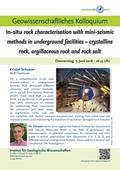Sommersemester 2018
|
Das aktuelle Programm im Sommersemester 2018 als PDF |
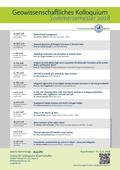 |
|
19. April 2018 Dr. Kerstin Lehnert
|
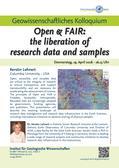 |
|
26. April 2018 Prof. Dr. Harald Strauß
|
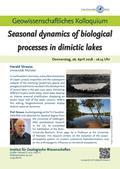 |
|
3. Mai 2018 Prof. Dr. Gregor Golabek
|
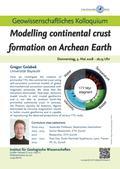 |
|
Prof. Dr. Franz Fürsich
|
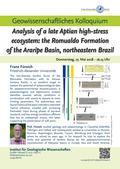 |
|
24. Mai 2018 Dr. Jörn Hövelmann
|
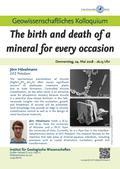 |
|
31. Mai 2018 Prof. Dr. Irina Engelhardt
|
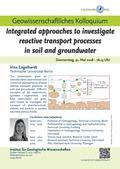 |
|
Dr. Kristof Schuster
|
|
|
14. Juni 2018 Dr. Helmut Lammer
|
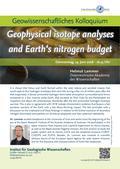 |
|
21. Juni 2018 Dr. Anne Peslier
|
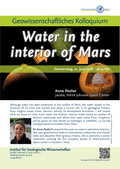 |
|
28. Juni 2018 Dr. Nicolas Chamot-Rooke
|
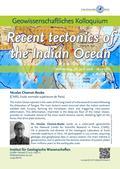 |
|
5. Juli 2018 Dr. Peter Schmid-Beurmann
|
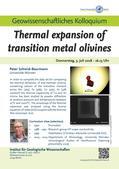 |
|
12. Juli 2018 Dr. Barbara Müller
|
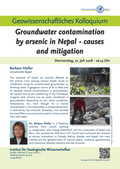 |
